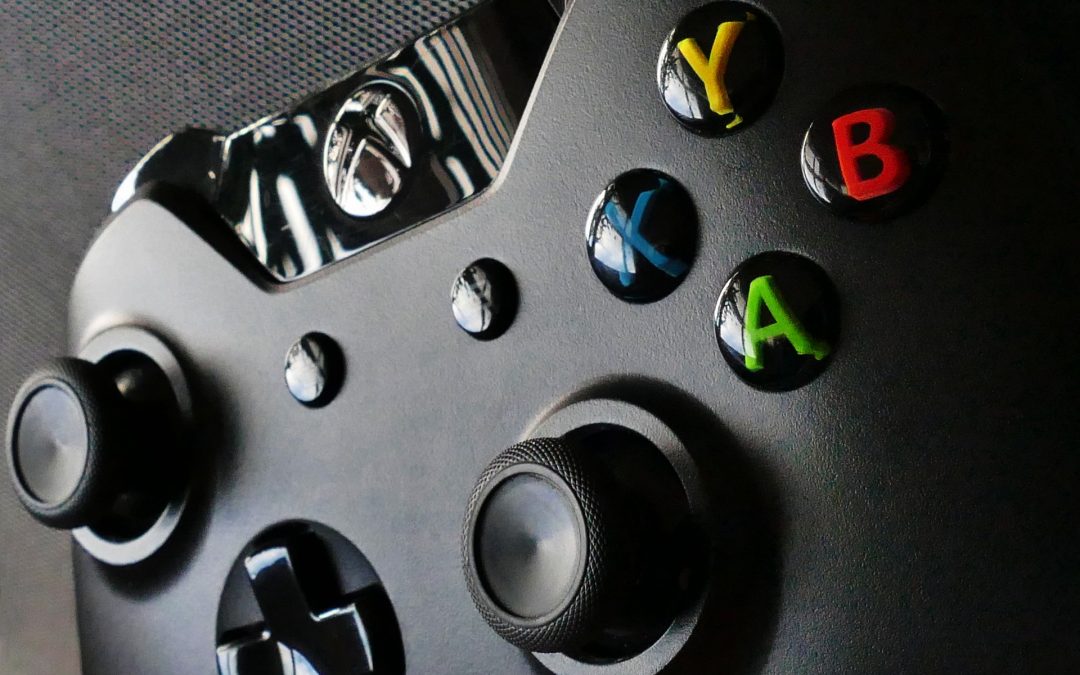The rapid growth of the gaming industry in recent years has turned many people into power players. We live in a new era of competition where video games and virtual reality gaming experiences are part of modern day culture, encouraging people to develop certain skills until they achieve a level of mastery.
Now, a company is launching an Olympic Games specifically for the $1 billion e-sports gaming industry, according to CNBC. Competitive gaming tournaments where participants play in teams to win medals may soon become the norm.
According to CNBC, the International eGames Group will be hosting the first ever e-sports Olympics in South Korea for the 2018 Winter Olympics. This will be a competition to earn medals and take home the gold for the participant’s country. National qualifiers for the 2018 Olympics will be held through 2017. Professional gamers from around the globe will be practicing their gaming skills and the event is expected to attract a large crowd.
E-Sports Gaming Culture
The concept of playing video games at a professional level is not something new. Until now, organizations like the International e-Sports Federation (IeSF) have been hosting competitions in different countries to participate in world-renowned tournaments. Gamers play games like Street Fighter, Starcraft II and League of Legends, according to Mashable. The IeSF took the lead on pushing for E-sports to be part of the Olympic Games.
Multiplayer gaming competitions and tournaments have a history that can be traced back to the 1980s. Atari’s Space Invaders Tournament is one example of a highly publicized event that encouraged gamers to get out and compete at a professional level. Several other tournaments fueled by the rapid growth of PC games in the 1990s spurred the trend, according to The Market for Computer & Video Games.
Major League Gaming (MLG) was established in 2002 and since then, we’ve been seeings several competitive gaming tournaments and virtual arenas making their way into mainstream culture. In 2014, more than 11 million people simultaneously watched the 2014 League of Legends World Championship event; 71.5 million people watched pro-gaming in 2014, according to Red Bull, reports MCV.
While gamers around the globe are in full favor of making their mark on the world at the Olympic level, there is still ongoing debate as to whether playing a video game — and even the skillet to win a game — qualifies as a real sport. Many people are questioning whether the whole tournament is more like a competition rather than a sport someone would train for since there is no real physical component or rigorous training program involved. Others argue that chess was once considered to be a sport, and so gaming may fall under the same category.
Professional Gamers On the Rise
While some may not take professional gaming seriously, the process of becoming a pro does require many hours of practice and skills development. Many professional gamers join online forums to learn tips and strategies for playing different games. There are dozens of online tournaments for those who want to brush up on their skills or continue developing their skills without the pressure of having to win a medal. Major League Gaming, for example, hosts online GameBattles where players can participate for free and win cash.
Online tournament enrollment requirements vary by team and most are designed for team players which means gamers need to seek out people they want to play with and not just compete with. Some companies that host tournaments charge a fee for entry or participation. And, there is a wealth of information online for studying the techniques and play styles of successful gamers. Pros-in-training need to know how to maneuver their joysticks or touch pads, use different types of virtual reality gear, and troubleshoot different gaming tools.
An Olympic Games for E-sports is on the horizon and many professional gamers are busy training like athletes for these highly-competitive events. Video games as a sport is now being taken seriously but is not without its critics. As the gaming industry continues to innovate and grow with virtual reality technologies and advanced gaming systems, we may see players developing even more advanced skills and techniques that put them in a completely new category of competitive athletes of the future.
